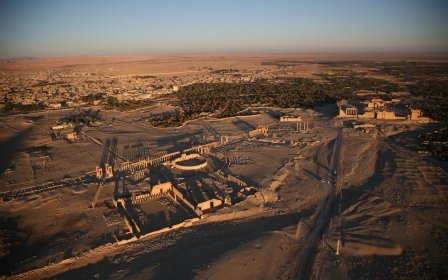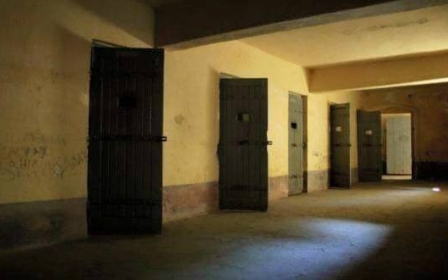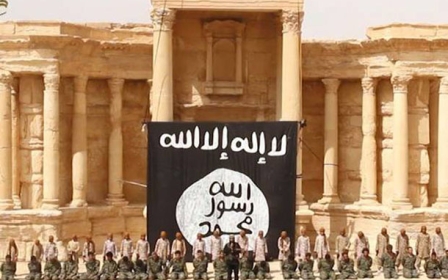Syrian pro-government forces recapture Palmyra citadel: State TV

The Syrian army on Friday recaptured the citadel of Palmyra from the Islamic State group, nearly a year after the militants overran the ancient city, state television said citing a military source.
"Our armed forces, in coordination with the popular defence forces, have taken control of the ancient Palmyra citadel after inflicting many losses in the ranks of the terrorist group Daesh," the report said, using another name for IS.
Built in the 13th century, the citadel is Palmyra's main Islamic-era monument.
Local opposition activists circulated footage which they said showed Syrian and Russian forces shelling the ancient citadel during fierce battles with IS fighters.
Supporters of the government said on Friday afternoon that pro-government forces had entered the modern town of Palmyra, also known as Tadmor, and were drawing close to the notorious prison, which has become a potent symbol of the repressive tactics used by President Bashar al-Assad and his father, former president Hafez al-Assad.
The group captured the historic citadel on 23 May 2015, raising their black and white emblem above the iconic site.
Palmyra's fall to IS last May sent shockwaves around the world as the militants launched a systematic campaign of destruction at its UNESCO World Heritage site, blowing up temples and looting relics dating back 2,000 years, while also carrying out massacres of captured soldiers and officials in front of the historic ruins.
IS finance minister killed
The fall of Palmyra's citadel is another blow to IS after US said on Friday it had killed the group's finance minister in an air strike.
American defence secretary Ashton Carter said the death of Abd ar-Rahman Mustafa al-Qaduli would hamper the group's operational ability, adding that its cabinet was being "systematically eliminated".
"Leaders can be replaced. However, these leaders have been around for a long time. They are senior, they are experienced," Carter told a Pentagon news conference.
Carter did not say whether the Qaduli was killed in Syria or Iraq.
New MEE newsletter: Jerusalem Dispatch
Sign up to get the latest insights and analysis on Israel-Palestine, alongside Turkey Unpacked and other MEE newsletters
Middle East Eye delivers independent and unrivalled coverage and analysis of the Middle East, North Africa and beyond. To learn more about republishing this content and the associated fees, please fill out this form. More about MEE can be found here.




